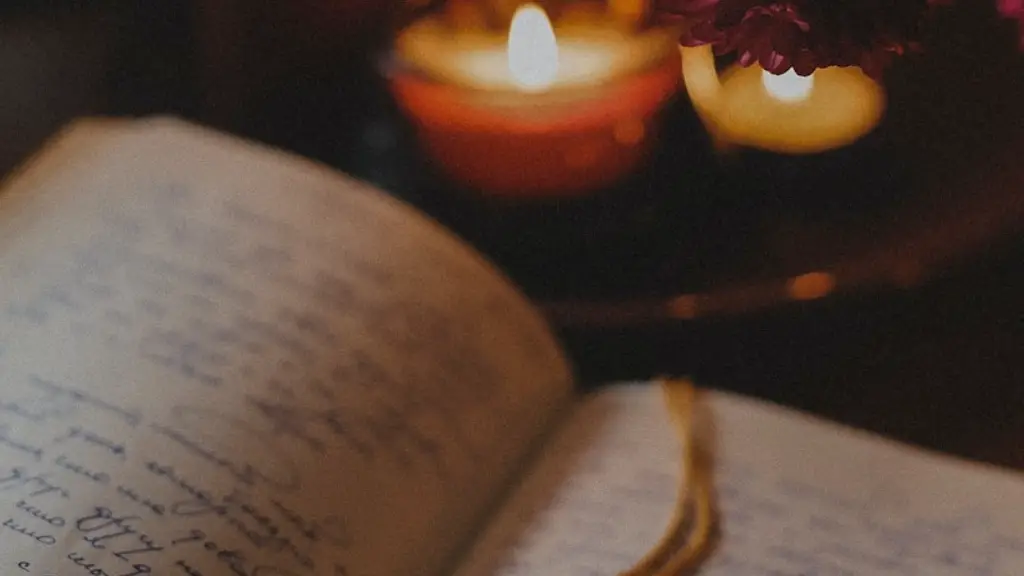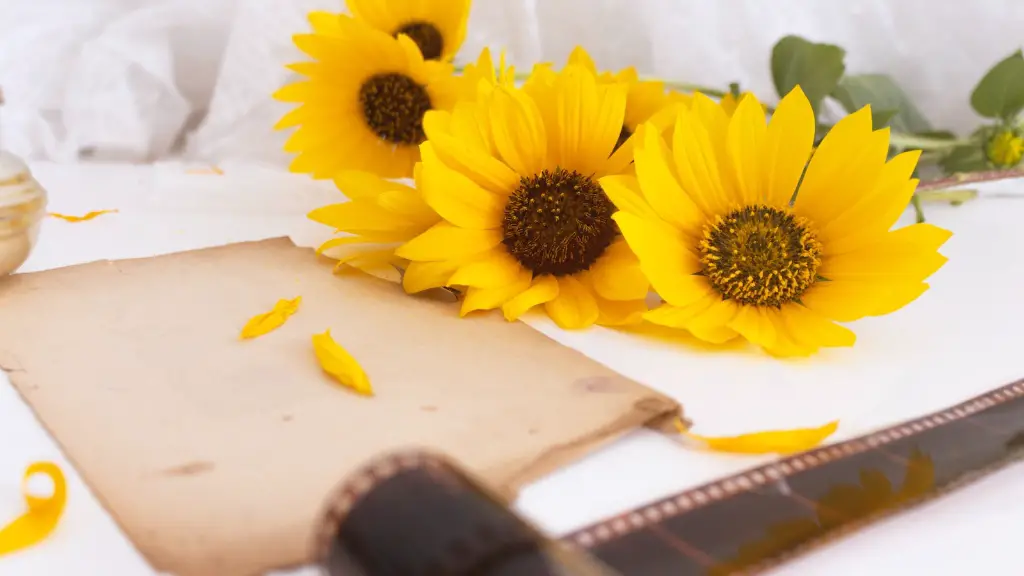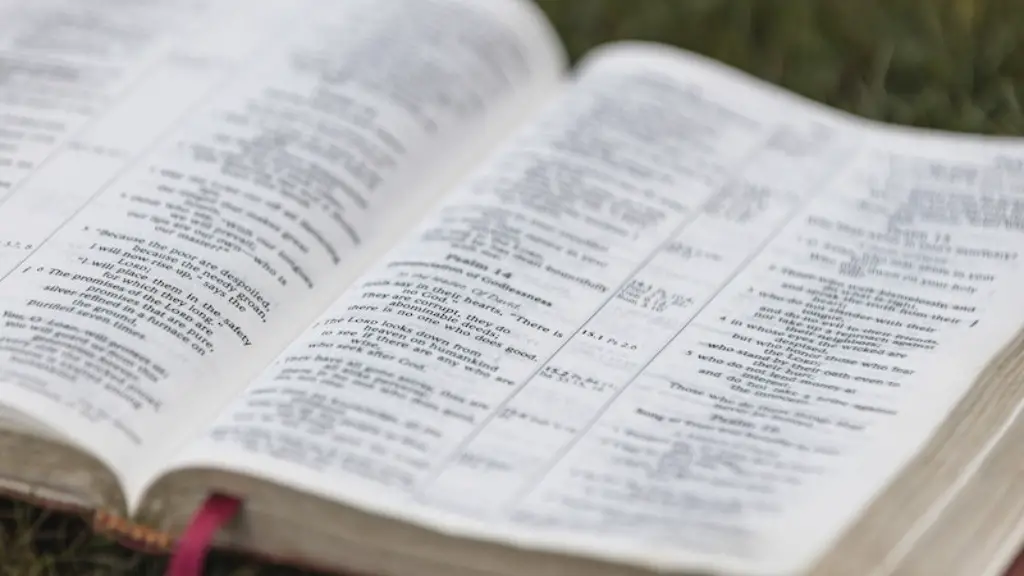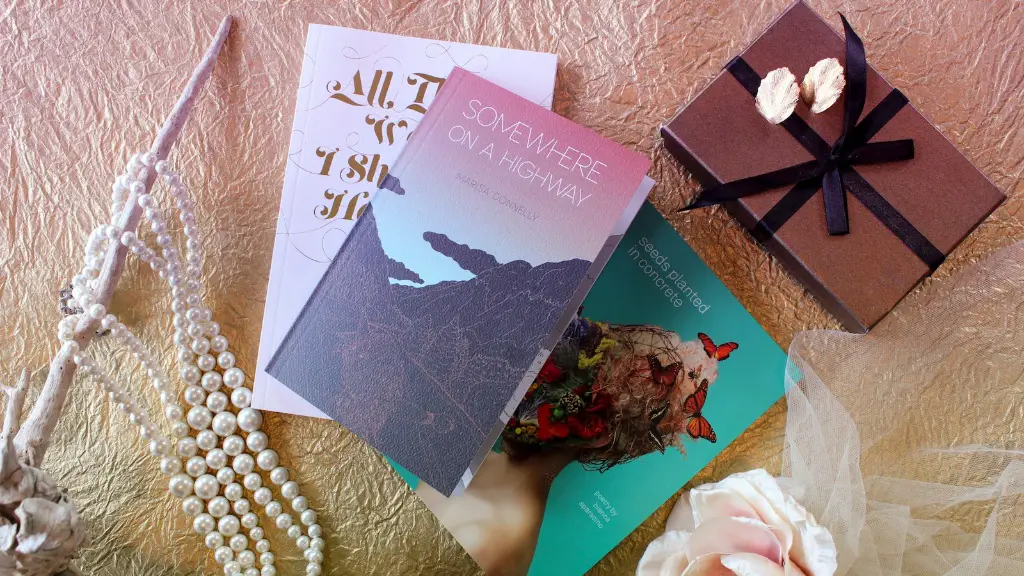Components of Poetry
A person who writes poetry is often called a poet. To be considered a poet, a person must have a command of the entire language of poetry, including meter, form and structure as well as the more creative aspects such as imagery, tone and symbolism. Poetry is composed of many different components, including sound patterns, literary devices, structural accuracy and poetic vision. These components come together to create a unique vehicle that expresses a feeling or emotion.
Meter is perhaps the most important element of poetry. The writer must accurately create meter to correspond with the emotion of the poem, and in doing so, he or she also needs to use specific lines and stanzas to make sure they are conveyed in the most effective way. Meter is created by rhythm, rhyme and repetition. Rhythm or the “beat” of the poem is the sound that’s produced when the words are read aloud. Rhyme is when the end words of two or more lines of a poem have a similar sound, and this is usually indicated with a matching of vowels and consonants. Repetition is when some part of the poem is repeated.
Form is another critical aspect of poetry, which is founded on the structure of the poem. Form pertains to the pattern of the poem’s lines and stanzas, as well as the total length and meter. Examples of forms that poets use include haiku, sonnet, villanelle, ode, sestina and free verse. Free verse is the form that has the most freedom, as the lines and stanzas can be arranged in whatever way seems most appropriate. Some poets take formalism to extremes, while others prefer to write poems with no form whatsoever.
The Writing Process
Another crucial aspect of writing poetry is the writing process. A poet often starts off by brainstorming ideas and gathering inspiration. Once the idea is chosen, it needs to be crafted into a poem. This includes piecing together parts of speech, formalizing lines, filling in gaps and combining elements in creative ways. The writing process demands much thought and planning and can take weeks or even months.
After the poem is written, the poet tries to edit, improve and refine it. This is a process that could be endless, with endless possibilities. Even when the poem is finished, the poet must strive to further improve the poem by adjusting rhythms and meter, swiping out words, shifting lines and adding creative elements, until he or she deems it perfect. Once finished, the poet can submit the poem for publication in a literary magazine or a poetry competition.
Poetry Analysis
To become a great poet, one must be able to analyze his or her work and that of others, to understand how to craft quality poetry. This requires the poet to have a keen eye and ear, to determine whether a poem has the correct components and structure to make it successful. Poets must also study the writing of their peers and of experienced writers, to discover what makes truly great poetry stand out.
To become an expert at writing poetry, the poet must learn to read for content, meaning and language. He or she must strive to become familiar with the works of others, researching the cultural and historical background of the poem, in order to gain an even better insight into what makes quality poetry. The poet must also strive to hone their own talent, by repeatedly studying their own work and by regularly writing to sharpen their skills.
The Benefits of Writing Poetry
Writing poetry can help a poet to write more clearly and concisely, and to express his or her thoughts and feelings in a unique and artistic way. Poetry can offer an emotional outlet for the writer and help them to express feelings that can’t be expressed with mere words. It can also help to improve the poet’s confidence, as he or she hones their skills and gets better with time. Poets also gain satisfaction from sharing their work and entertaining their readers.
Writing poetry can be very fulfilling, as it allows the poet to be creative and to craft language that can stir up emotions. With practice and dedication, a poet can develop the skills required to write great poetry. Such poems can be published in literary magazines, entered in competitions and displayed in public places to reach wider audiences and to potentially become famous.
Poetic Styles
Not all poets share the same style or approach to writing poetry. Some poets tend to write free verse which is composed of a continuum of long and short lines, and is not bound by any strict structure; while others tend to write structured rhyming poems with a certain beat that must be followed. Yet others strive to write lengthy and elaborate narrative poems, while some favor shorter, esoterically structured works.
Many poets strive to be versatile, in order to be able to convey many different thoughts, feelings and emotions with their writings. This helps to differentiate their work from that of other poets, and also helps to broaden their target audience. Diversity in approach is one of the keys to successful poetry writing, as it allows a poet to express different ideas through different styles.
Ernest Hemingway’s Advice for Writing Poetry
Legendary writer Ernest Hemingway gave the following advice for writing poetry: “The best way is always to stop when you are going good and when you know what will happen next. If you do that every day when you are writing a novel you will never be stuck. That is the most valuable thing I can tell you so try to remember it.”
Hemingway stresses the importance of having a plan of action when writing a poem, to make sure that the ideas expressed in it are expressed in the best way possible. He recommends taking breaks and planning the next steps carefully, to make sure each element of the poem is formulated in just the right way. He stresses the importance of not jumping ahead and disregarding the smaller details that make up the poem, which might lead to a weaker piece of work.
The Difference between Poetry and Prose
Writing poetry and writing prose are two very different activities. Prose is written with language that allows for less creative arrangements, as it consists of stories written in sentences, paragraphs and chapters. Poetry, on the other hand, is written with language that allows for far more creative expression and with a greater emphasis on emotion, tone and imagery. Poetry can reach out to the readers in a way that prose cannot.
When writing poetry, the words and phrases chosen must be much more deliberate and exact than when writing prose. As the poet must convey meaning and emotion in a short space, there is less room to make mistakes. Poetry requires the writer to create a piece of art, which requires skills and dedication that must be honed throughout the writing process.
The Formation of Poets and Collectives
In recent years, the formation of groups of poets and collectives has become increasingly popular. These groups not only give the poet a chance to discuss and critique each others’ work, but also provide a chance to connect with like-minded people who share a common passion for poetry. Furthermore, these groups provide the opportunity for poets to practice public speaking and to gain exposure, as they present and perform their work in public venues.
Collectives help to foster a sense of community, as each member of the group is there to share knowledge and skills with the others and to help them to improve their writing. Collectives also challenge the members to take risks with their writing and to push their creativity, as they are exposed to the works of their peers. By forming collectives, poets can gain valuable feedback and develop friendships with other poets, as well as strengthen their knowledge and talents.




